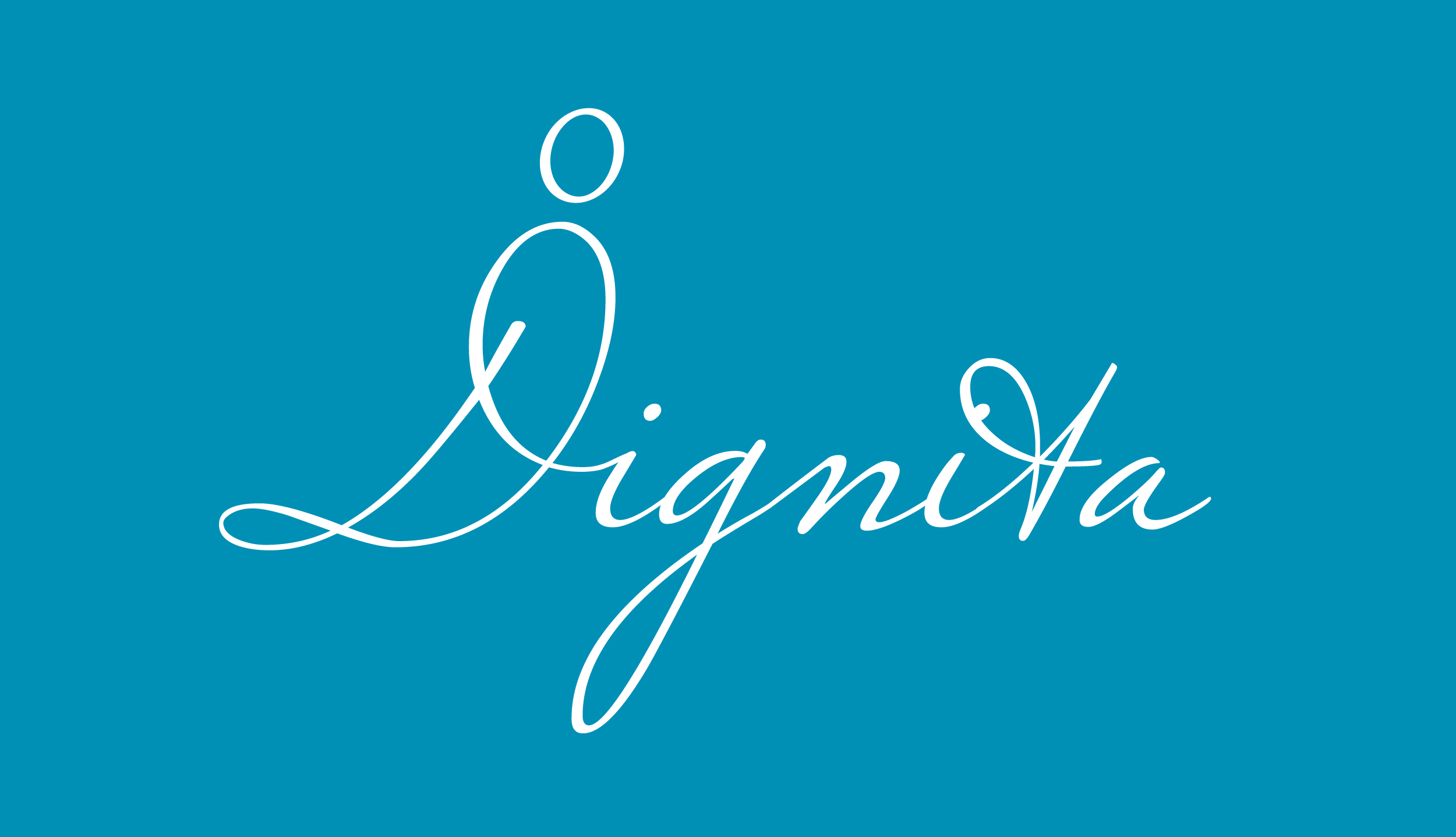Victims of trafficking have common rights like all other victims of crime:
- The right to information about their role in the criminal process
- The right to (free) legal assistance
- The right to safety and protection of privacy
- The right to compensation
Victims of trafficking also have special rights. This is necessary because of the extreme financial benefits of this crime and the severe forms of human rights violations. The special rights are intended to protect the lives of victims and increase the effectiveness of prosecutions:
- The right to a reflection period
- The right to shelter if they cooperate in the detection of the crime
- The right not to be investigated and convicted
If you or a loved one is in a situation of exploitation and limited rights of movement and choice, contact us using the contact form to get advice about your rights!
GENERAL RIGHTS OF VICTIMS OF TRAFFICKING
Right to information
Victims have the right to receive information about their status and role in the criminal process, as well as about possible judicial and administrative procedures, including possibilities for compensation. At first contact with the police, the victim should be informed of all general and specific rights available to him or her under the law. The information shall be presented in an accessible and comprehensible manner.
Right to legal aid
Victims of trafficking have the right to a lawyer to defend their interests, advise them of their rights and present their point of view during criminal proceedings. Legal aid also includes claims for damages.
Legal aid may be for advice or representation or both.
Legal advice is automatically available to the victim from the moment they report the offence, even during the cooling-off period, and includes:
- legal advice
- preparation of documents for filing a lawsuit
An application for legal advice is made to the National Office for Legal Assistance. A form can be downloaded here.
Basic legal aid includes the appointment of a duty solicitor who carries out:
- legal representation before the investigating authorities
- legal representation in court
It is available to victims who cooperate with the police in solving the crime.
For this type of legal aid, the victim must declare that he or she is socially disadvantaged and prove low income.
The request to appoint an ex-officio lawyer for the victim is submitted to the prosecutor in charge of the investigation or to the criminal judge before whom the criminal proceedings have been initiated. A form can be downloaded here.
Right to safety and protection of privacy
Victims of trafficking for sexual exploitation have the right to protection of their private life. They have the right to request that their case is heard behind close doors, i.e. that the media and public are not allowed in the courtroom. They have the right to be questioned before a judge in a special room for the questioning of witnesses with special protection needs ('blue room'), no matter their age. Victims also have the right to have their safety protected. This right is implemented by keeping the victim's identity secret; by police escorts and guards for court appearances; by a restraining order against the defendant until the end of the criminal trial, etc.
Right to compensation
Victims of trafficking are entitled to compensation for material and non-material damage suffered. Compensation for material damage consists of reimbursement of the costs of medical treatment; issuance of identification documents; transportation; attorney's fees; court fees, etc. Material damages are also the difference between the national minimum wage and the actual wage received, in cases of trafficking for labour exploitation; and the percentage taken by the trafficker from the money earned by the clients, in cases of trafficking for sexual exploitation. Compensation for non-material damage is a fair monetary assessment of the emotional distress, pain, suffering, fears and any other negative feelings experienced by the victim as a result of the crime committed against him.
The right to compensation in Bulgaria is implemented in several ways:
- Compensation for all types of damage caused by the trafficker can be claimed by the victim himself/herself during the criminal process.
- Compensation for all types of damage caused by the trafficker can be claimed by the victim himself/herself in a separate lawsuit after being found guilty.
- Compensation for material damage resulting from trafficking may be claimed from the Ministry of Justice at the expense of the State budget, even if the trafficker himself/herself is not detected.
- Compensation for non-material damage resulting from the excessive length of the trial may be claimed from the Ministry of Justice at the expense of the State budget.
- Failure to obtain compensation by the above means may result in an appeal to the European Court of Human Rights for lack of an effective domestic remedy.
SPECIAL RIGHTS OF VICTIMS OF TRAFFICKING
Right to a reflection period
International law provides for the right of victims to a reflection period of 1 to 3 months. It allows them to begin to recover from the suffering they have experienced and to make an informed decision about whether to participate in a criminal trial. Experience has shown that when victims are in an acute phase of traumatic reaction and have not overcome their fears of traffickers, they cannot fully participate in criminal proceedings and give credible, detailed testimony. During the reflection period, victims are entitled to shelter, psychosocial and legal assistance. In Bulgaria, the reflection period is 30 days and begins on the day of the victim's first meeting with an investigating police officer, who is obliged to inform the victim of this right.
Right to shelter provided by the State
Where the victim agrees to cooperate with the police and to give evidence as a witness in the case, he or she is entitled, on that condition, to live temporarily in a state shelter. The period of accommodation shall be until the criminal trial is concluded with a final decision. In Bulgaria there are 3 state shelters for victims of human trafficking, in the cities of Sofia, Burgas and Varna.
The right not to be investigated and convicted
Victims of human trafficking cannot be charged or convicted of crimes they were forced to commit by their exploiters. Victims of trafficking, especially for sexual exploitation, have been subjected to severe violence and degrading practices to break their will and make them execute. They have been forced to carry out illegal activities to avoid violence and to preserve their lives. Therefore, they did not do these activities intentionally and are not criminally liable. Their detention by the authorities and prosecution would mean re-victimisation, namely that they are treated as perpetrators rather than victims.



